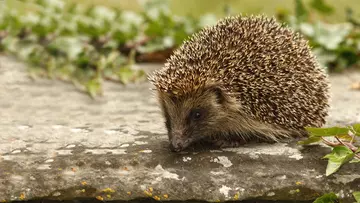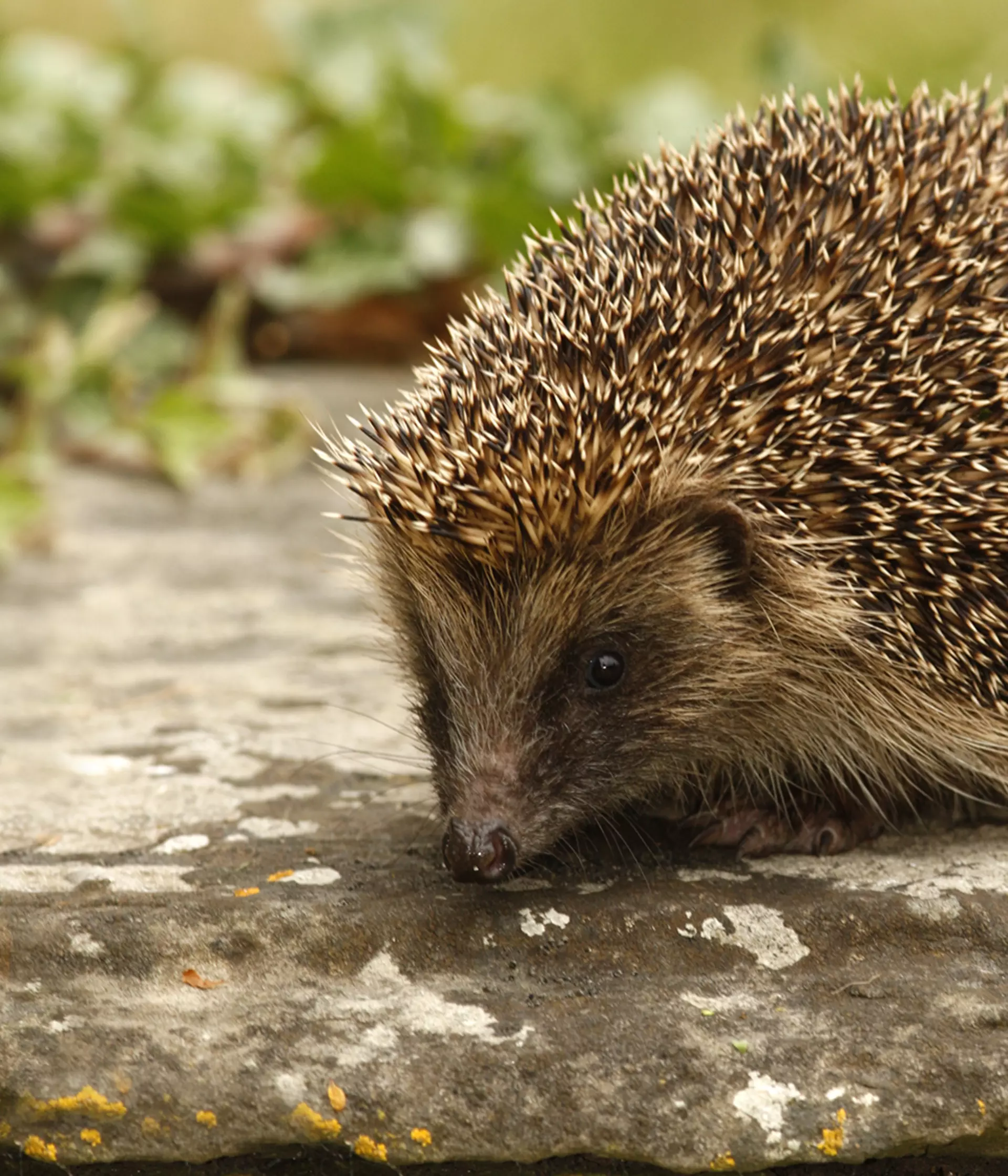
ZSL
Zoological Society of London
A post-mortem carried out within the Zoological Society of London’s (ZSL) Institute of Zoology has, for the first time, identified the human sore throat pathogen in a wild hedgehog.

Following the death of a free-living European hedgehog (Erinaceus europaeus) found dead in northern England in June 2014, post-mortem examination and detailed laboratory testing confirmed the presence of the pathogen Streptococcus pyogenes, typically found in humans with sore throat or rash-like symptoms. The pathogen was characterised as emm 28, a strain associated with invasive disease in humans. The discovery is the first known report of the pathogen in a hedgehog, and in any free-living wild animal, as confirmed by gene sequencing.
The pathogen was determined to be the cause of death in the hedgehog, the bacteria having likely entered the body via a tooth root abscess before spreading to other tissues.
The paper, published today in EcoHealth, hypothesises that the case may have resulted from the transfer of infection from human to hedgehog via anthroponotic infection, or reverse zoonosis. It is thought that the opportunities for direct and indirect contact between wild hedgehogs and humans could be a possible explanation for this unexpected finding.
Author Lydia Franklinos, a wildlife veterinarian within ZSL’s Institute of Zoology, said: “While it is more common to hear about zoonotic diseases originating from wildlife, we rarely encounter disease transferring from human to animal, as appears to be the case here.
“We need to be vigilant, and continue to monitor the threat to wildlife from humans and their activities. The hedgehog is in decline in the UK, and I would encourage further research on the pathogens of hedgehogs to better understand disease threats to the species in order to inform conservation efforts.”
The post mortem was carried out as part of Garden Wildlife Health, an initiative which aims to monitor the health of, and identify disease threats to, British wildlife.
Climate change and human activity have pushed our precious planet to its limit, causing the devastating loss of so many habitats and species. From lab to field, hands on and behind the scenes, we’re leading the future of conservation, shaping agendas and influencing change to support better life, health and living for people and wildlife.
